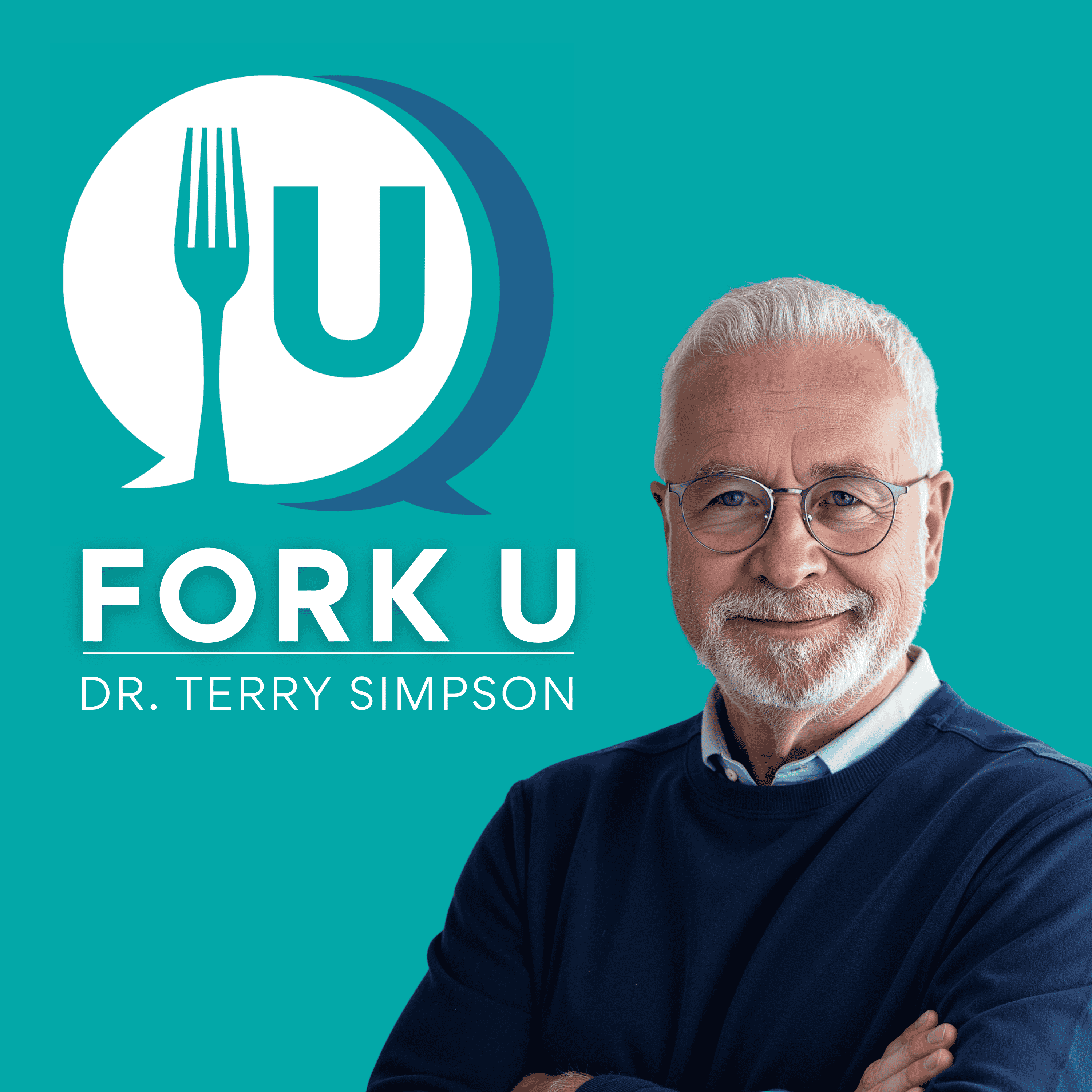Episode 16
Cancer and The Mediterranean Diet
Adherence to the Mediterranean Diet decreases the risk of cardiovascular disease. The Seven Country Cohort Study clearly showed this.
But what about cancer? Does the Mediterranean Diet impact cancer or cancer prevention? To study this, another cohort study began called the EPIC study. Uniquely, the EPIC showed not only a decreased risk of cancer but also mortality from cancer.
All vegetables, even the green ones, have nitrates. It turns out that the components of The Mediterranean Diet decreases the risk of cancer, decreases the risk of cancer recurrence, improves survival from cancer, and decreases overall mortality.
EPIC Study
The European Prospective Investigation into Cancer and Nutrition (EPIC) is a large cohort study involving over 521,000 individuals from 23 centers from ten countries.
Adherence to the Mediterranean Diet and Longevity
The EPIC researchers developed a simple scoring system to determine adherence to the Mediterranean Diet. Greater adherence to the Mediterranean Diet was associated with longevity.
The Scoring System
The Mediterranean Diet is scored on a scale of one to nine. Nine being a perfect Mediterranean Diet Score, and zero being poor. Great adherence to the Mediterranean Diet is a score of seven points or more.
Eating more of these foods gives you points
The Mediterranean diet is rich with vegetables, legumes, fruits and nuts, whole grains, and fish.
- You get a point for consuming 9 ounces or more of vegetables a day. If you consume less than nine ounces, you get a score of zero.
- Legumes will net you a point if you consume two ounces or more per day.
- Fruits and nuts are one point for nine ounces or more.
- Likewise, whole grains are worth a point for nine ounces or more.
- Fish is an average of an ounce a day, or two main meals per week. Thus, by consuming a diet rich in these five components can score five points.
The weight is based on pre-cooked food.
Lentils are a legume, and if you consume more than 2 ounces per day, you will score one Mediterranean Diet point. They are high in protein and fiber and low in saturated fat.
Eat Less for More
People from the Mediterranean didn't eat much meat or dairy. By consuming less of these, you can achieve Mediterranean Diet points.
- Eating less than 4 ounces of meat a day is worth one point
- Consuming 1.5 ounces of hard cheese a day or LESS is worth one point
- Consuming less than 8 ounces of dairy is worth one point (mostly consume yogurt).
Thus by eating less dairy and meat, or none, you can score two additional points.
You might think that 6-ounce burger is small, but if you eat less than four ounces of meat a day, you get one Mediterranean Diet point. Eat more than four ounces, and you get zero points.
Alcohol
Alcohol is a component of the Mediterranean Diet but in moderation.
For ethanol, a value of 1 was assigned to men who consumed between 10 and 50 g per day and to women who consumed between 5 and 25 g per day. This corresponds to 5 ounces of wine for women or 10 ounces for men.
Olive Oil
Olive oil is an important component of the Mediterranean Diet. The type of fat in olive oil is mainly monounsaturated. The ideal ratio of olive oil or monounsaturated fats to saturated fats should be at least 60%.
The best olive oils come from the US.
Interventions in the Mediterranean Diet
Increasing the score in the Mediterranean Diet by two points in the Mediterranean diet led to an 8% reduction in mortality.
Imagine a simple dietary intervention leading to a decrease in mortality.
Colorectal Cancer and the Mediterranean Diet Components
In a recent update of the Mediterranean Diet they found a higher consumption of fruits and vegetables combined led to a decrease in colorectal cancers. But just eating fruits alone or just vegetables alone didn't do it. Proving again, the entire dietary pattern is important.
A Mediterranean Diet score of 6-9 led to an 11% decrease risk of colorectal cancer!
If you eat a lot of red meat but eat a lot of vegetables, your risk of colon cancer decreases.
Breast Cancer and the Mediterranean Diet
The Mediterranean Diet was found to protect against breast cancer. In addition, it improved overall survival of those who developed breast cancer.
Alcohol consumption increases the risk of breast cancer. While the Mediterranean Diet is a low in alcohol consumption, it is still a factor. Thankfully, coffee consumption is protective against breast cancer. Of interest, sugar-sweetened and artificially sweetened beverages were not associated with an increase in breast cancer.
Lung Cancer and the Mediterranean Diet
Whole grains, fruits, and vegetables were associated with less risk of lung cancer. Smokers decreased their risk of breast cancer with increasing vegetable consumption. Lung cancer even decreased with higher consumption of apples and pears.
There was no association with meat or fish consumption and lung cancer. Alcohol was also not associated with an increased risk of lung cancer.
Other Cancers
Adherence to the Mediterranean Diet lowers the risk of cancer, cancer recurrence, and improves survival from cancers. The Mediterranean diet leads to a lower risk of many cancers:
Keto Diet and Cancers
In contrast, there is not much evidence that the keto diet has a positive impact on cancers. The number of clinical studies have been small and unimpressive. While it clearly has proponents, clinical outcomes in humans are lacking.
Conclusion
Cancer isn't fixed from a diet. But a healthy diet is the only empowering thing that many cancer patients have.
Augmenting conventional treatment with a healthy Mediterranean diet provides a powerful defense against cancer.
-----
Produced by Simpler Media


